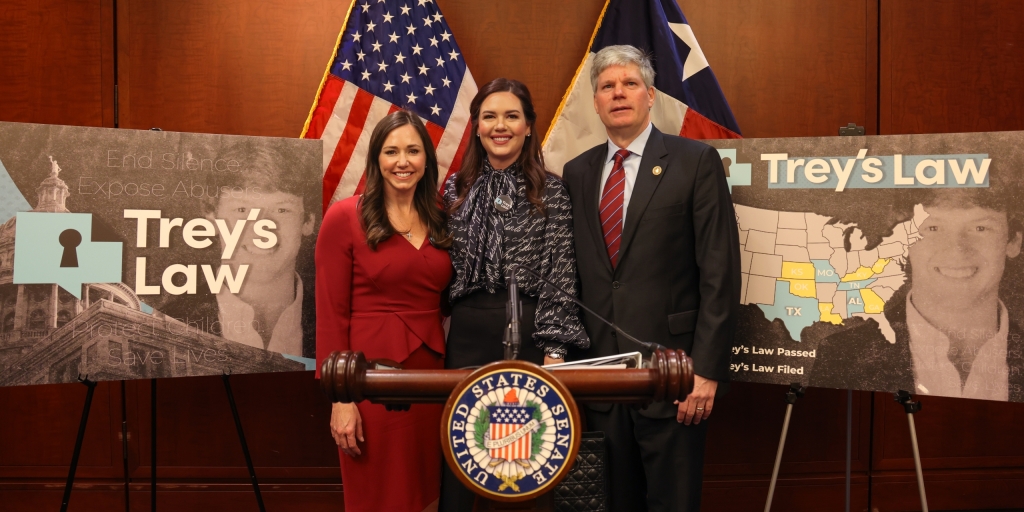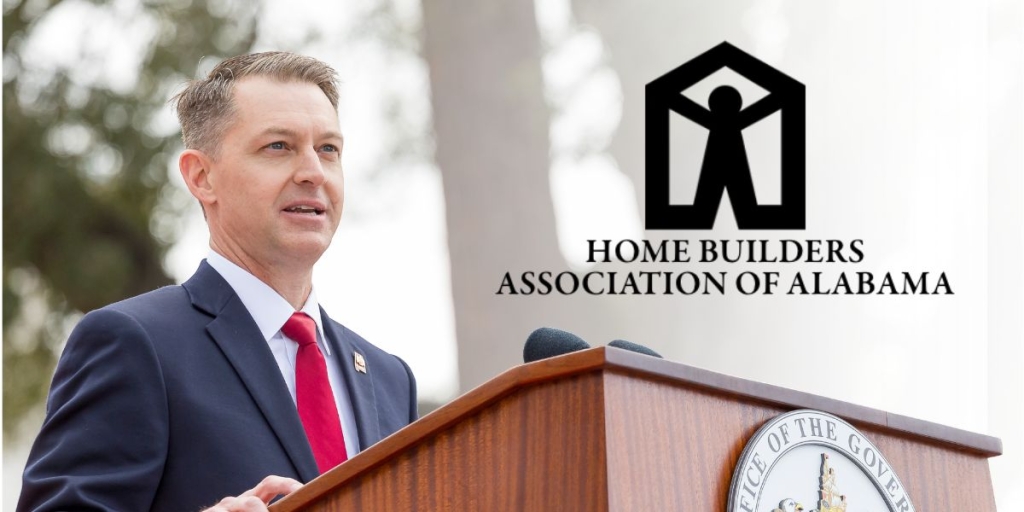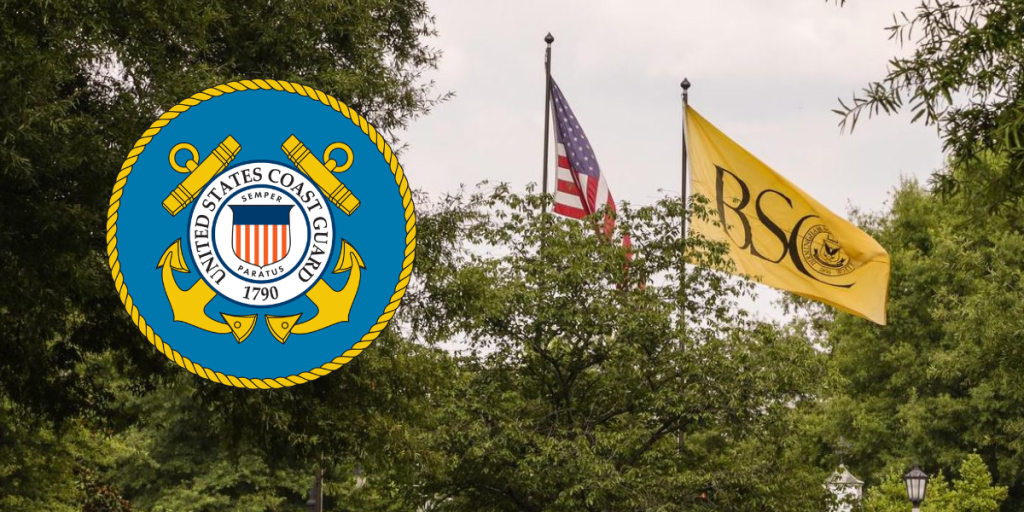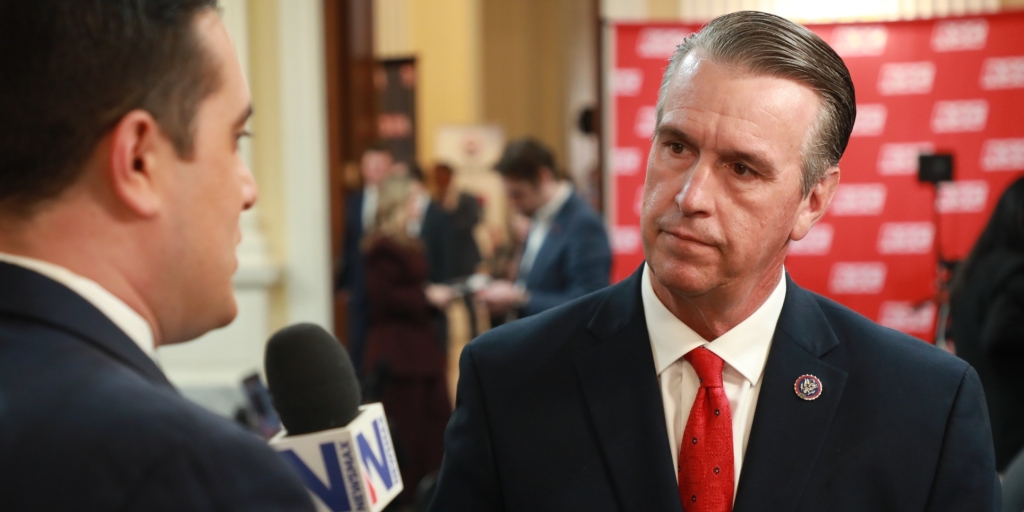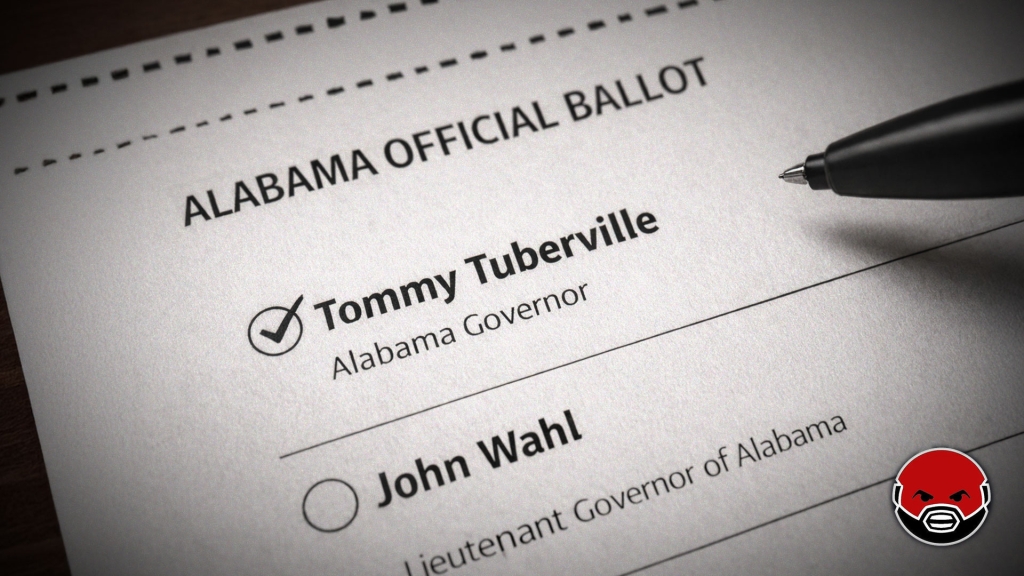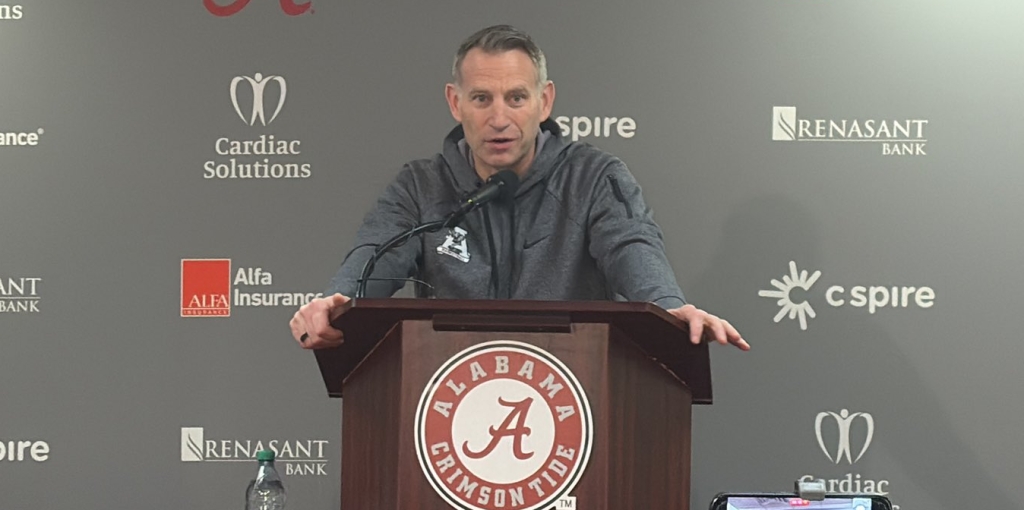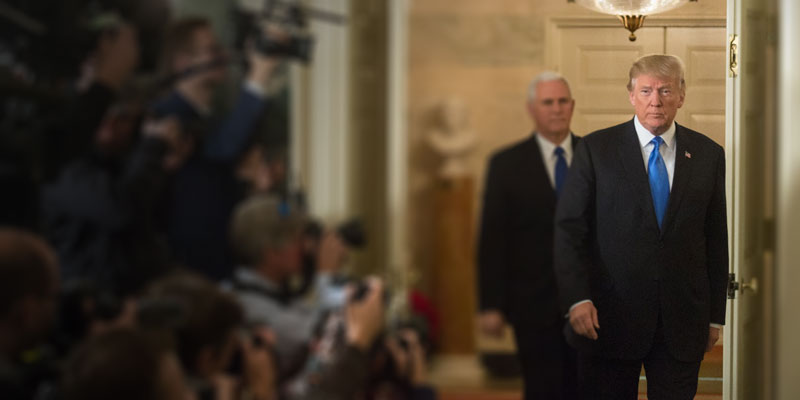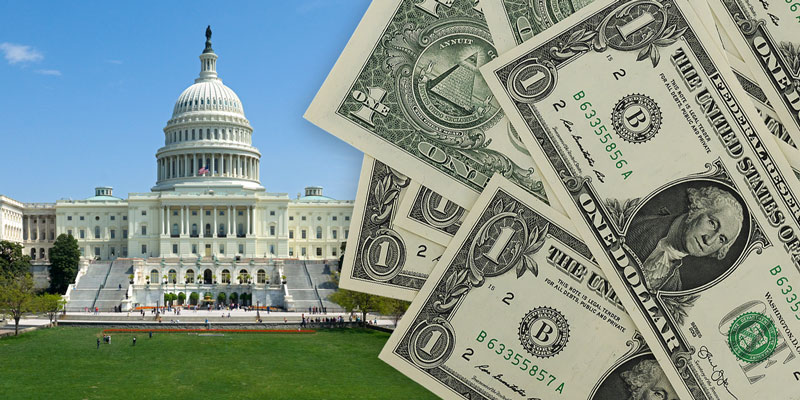
I recently wrote about some of the problems with civil asset forfeiture, under which our governments seize money or assets allegedly involved in criminal activity without securing a conviction. An Institute for Justice report detailing forfeiture abuses, “Policing for Profit,” suggests that there is an inconsistency between proper policing and profit. And yet politicians from Al Gore to Donald Trump have wanted to make government more business-like.
Is there a conflict between good government and profit?
The profit motive is enormously important in our economy. Profits are a residual, or what is left over after paying all the costs, and the owners get to keep any profit. Businesses typically must incur costs before selling and are never guaranteed a profit. Agriculture illustrates this: Farmers must buy or lease land and purchase seeds, fertilizer and tractors to grow a crop. If the crop is large enough and market prices high enough, revenue will exceed cost. The farmer keeps any residual, and bears the losses.
Business owners get to make decisions and keep the profit, so they should try to control costs. This marriage of decision-making authority and financial incentive drives the efficiency of business. The pursuit of profit does not mean keeping costs as low as possible, since building luxury cars and mansions can both be profitable. Car makers, though, should avoid waste in building both economy and luxury cars.
No one in government can earn profits. We lose a powerful incentive. But why would, say, policing for profit, lead to problems? For asset forfeiture, we probably only want criminals deprived of their ill-gotten gains. We are not authorizing forfeiture against innocent people (including ourselves). A profit motive might lead to the targeting of innocent people (the poor, minorities) unable to legally defend their assets.
Furthermore, we cannot easily tell when the police pursue forfeiture against an innocent person. The person who has $10,000 or more in cash seized from them might have just won a casino jackpot or sold a car for cash, or may be involved in the drug trade. The lack of clarity prevents us from holding the district attorney, mayor, or offending police officers accountable.
Consider some other potential instances where government could make profits. Illegally parked cars should sometimes be towed, but the danger should ideally be balanced against the owner’s cost and inconvenience. The pursuit of profit makes such balancing less likely. Speed traps and red-light cameras might be used to issue tickets for marginal violations or excessive fines. Private, for-profit prisons might cut spending on food and medical care, creating cruel and unusual conditions for inmates.
The lack of clarity is a common theme. Just how long was that car illegally parked? Did a prisoner given aspirin truly need surgery? We cannot tell when the lure of profit leads to excessive corner cutting.
Yet many business interactions also lack clarity. A delayed flight might be due to unexpected mechanical problems, or a lack of reasonable preparations. An unforeseen design flaw or intentional disregard of safety could both be responsible for auto accidents and safety recalls.
Why is profit-seeking by government a bigger problem? The answer, I think, is that our dealings with any business are voluntary, while our dealings with government are compelled. If I get sick after eating at a restaurant, I can choose never to eat there again. Voluntariness also enables competition, disciplining businesses in the pursuit of profit. Businesses can find shortchanging customers on quality and service very costly.
People cannot typically walk away from dealings with government, as is literally true for the person carrying cash stopped by law enforcement. Prisoners cannot boycott a private prison which they believe does not offer a humane level of care. The state officials administering a contract with a private prison are not “customers,” and may be more tolerant of poor conditions than if they were customers.
Does this mean we can never beneficially make government function more like a business? No, but we must proceed very cautiously. The profit motive is a great force for efficiency when constrained by choice and competition.
Daniel Sutter is the Charles G. Koch Professor of Economics with the Manuel H. Johnson Center for Political Economy at Troy University.




